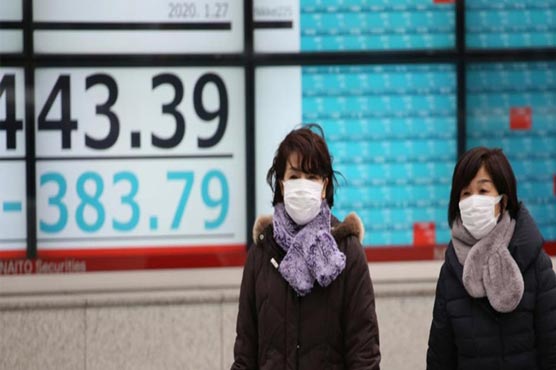Asian markets extend gains with eyes on trade talks, stimulus

Europe battles a worrying pick-up in cases after weeks of lockdown easing
HONG KONG (AFP) - Asian markets extended gains Tuesday as concerns about the China-US trade pact eased, while investors remain optimistic US lawmakers will eventually hammer out a new stimulus for the crippled economy despite talks struggling.
There was also some relief that China did not include any members of Donald Trump’s administration in a group of 11 Americans hit with sanctions in retaliation to a similar US move last week linked to the Hong Kong row.
And while Europe battles a worrying pick-up in cases after weeks of lockdown easing, there are signs the virus is slowing in major states including New York and Texas, and World Health Organization boss Tedros Adhanom Ghebreyesus said it was "never too late to turn the outbreak around".
With the virus playing in the background, continuing to hustle economies around the world, the China-US stand-off has been a major headache, with the two butting heads on several issues that have fanned worries they could renew their damaging trade war.
However, there is some confidence they will stick to their commitments after talks at the weekend to review their January tariffs pact.
Observers have pointed out that Beijing has failed to buy certain products owing to restrictions caused by the coronavirus, but the head of the central People’s Bank of China told state media the country would abide by the agreement despite tensions.
"No matter how the international situation changes, the most important thing is to get our own things done and to firmly deepen financial reform and opening-up," Yi Gang told the Xinhua news agency.
Meanwhile, Bloomberg News reported that China would increase buying of soybeans from the US and ditch expensive Brazilian purchases.
"The strong sense is that the Trump administration won’t want to jeopardise the deal this side of the election for fear of alienating the important midwest farming constituency," said Ray Attrill at National Australia Bank.

